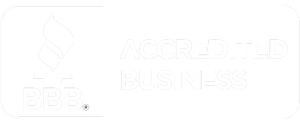Here are the main benefits of qualified settlement funds to plaintiffs.
Extended Plaintiff Advocacy
By placing settlement proceeds within a QSF, a plaintiff may enjoy additional advocacy of their best interests. Plaintiffs hereby gain a professional administrator who manages the funds and any ongoing claim resolution issues. While the money remains in a QSF, the plaintiff can work closely with a settlement planner and his or her attorney to discuss financial planning options best suited for the plaintiff and their family moving forward. Trial attorneys can enjoy the relief and accomplishment of placing their client in the best hands possible once their job of legally advocating for a client culminates.
Time To Plan
The most well-known benefit of a QSF for plaintiffs is time to plan. Many negotiations and complexities accompany decision-making when deciding what to do with settlement proceeds. Plaintiffs can take more time to consult with their attorneys and settlement planners to discuss future planning. This may include liens negotiations, the possibility of a trust or investment account, Medicare set-asides, structured settlements, and other possibilities.
Other Benefits
Plaintiffs are able to utilize a QSF as a financial planning tool. With settlement proceeds in a QSF, a plaintiff may decide to establish a settlement structure with their funds, so he or she can spread their settlement income over multiple months/years instead of receiving one lump sum. With regard to many personal injury cases, settlement monies received by plaintiffs are tax-exempt.
To explore options for your case or a client’s case, consider having a discussion with a qualified settlement fund administrator at Milestone to gain a better understanding of the benefits for your specific circumstances.


